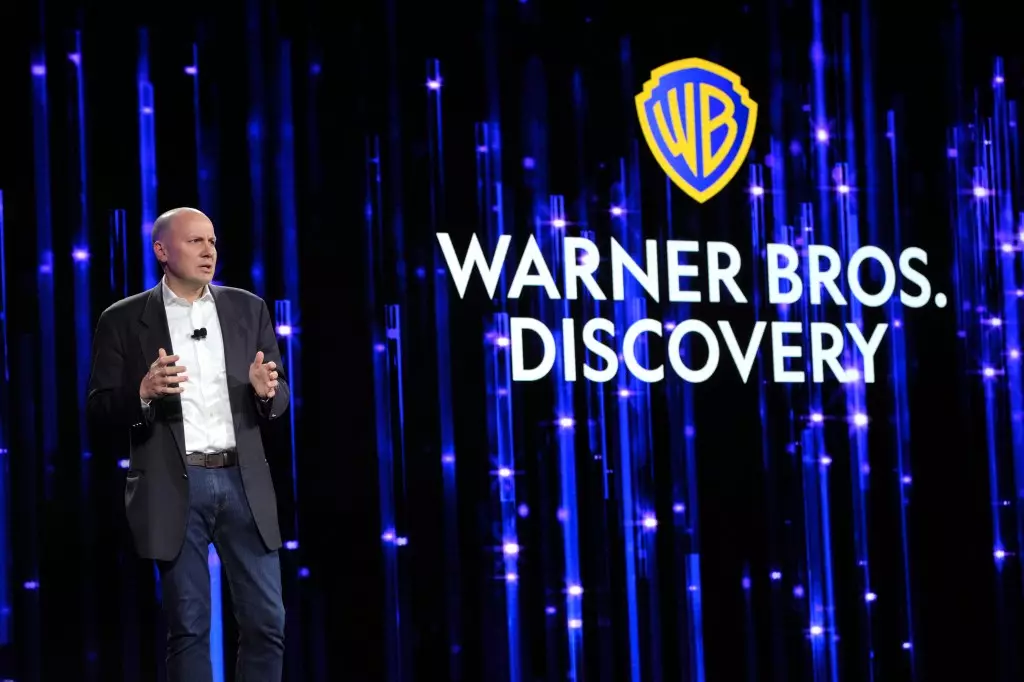The landscape of media consumption is rapidly shifting, and HBO’s distribution strategy in key European markets such as the UK, Germany, and Italy is at a pivotal juncture. With Warner Bros. Discovery (WBD) planning to roll out its streaming service, Max, globally, a vacuum has formed regarding its traditional partnership with Sky, which has long been the distributor of HBO content in these regions. The future of this relationship appears uncertain, and industry leaders are actively exploring alternatives.
Historically, HBO has thrived within the pay-TV model, relying on partnerships with distributors like Sky to reach audiences across Europe. Yet, the dynamics of media consumption have changed drastically since the inception of HBO in the 1970s. The advent of streaming technology has paved the way for content providers to directly reach consumers. However, the heavier financial burden of acquiring and retaining customers in a direct-to-consumer model has posed significant challenges for many media companies, including WBD. The discussions regarding the future collaboration between HBO and Sky surface against this backdrop of transition from linear television to a more competitive digital landscape.
During the recent Wells Fargo TMT Summit, JB Perrette, WBD’s CEO of streaming and games, hinted at a possible partnership with Amazon as an alternative distribution channel in key markets. He acknowledged Sky’s potential to continue its relationship with WBD, indicating a cautious approach to maintaining traditional ties while remaining open to new opportunities. Amazon’s growing presence and aggressive strategy in the streaming domain make it a viable contender. Perrette’s comments suggest a willingness to adapt and innovate, but the real test will be how effectively WBD can balance traditional distribution with a new digital-first strategy.
As WBD gears up to launch Max in Europe by 2026, uncertainty looms over the fate of its existing agreements with Sky, set to expire in approximately one year. This timeline adds urgency to WBD’s strategy, forcing them to evaluate the merits of retaining current distribution arrangements versus forging new partnerships. The observations made by Perrette reveal a nuanced understanding of the complexities involved in such relationships, emphasizing the importance of existing subscriber bases and content value.
Moreover, while contemplating the duo of direct-to-consumer versus distribution partners, the commentary from WBD underscores the delicate balancing act involved. A simplistic pull-out from Sky, which would entail removing HBO content from its platform, may not be the ideal strategy. Instead, given Sky’s established audience, a hybrid model might yield more favorable outcomes for viewer retention and increased revenue.
As discussions unfold, the future direction of HBO’s distribution will be keenly watched by industry observers. WBD’s journey reflects broader trends in the entertainment landscape where flexibility and adaptability may determine success. Assessing both the potential of Sky and the prospect of teaming up with a powerhouse like Amazon is vital in strategizing a sustainable plan for audience engagement and revenue generation. Ultimately, the decisions made in the coming months will have significant ramifications, not only for HBO but for the broader industry landscape as the lines between traditional and digital distribution continue to blur.

